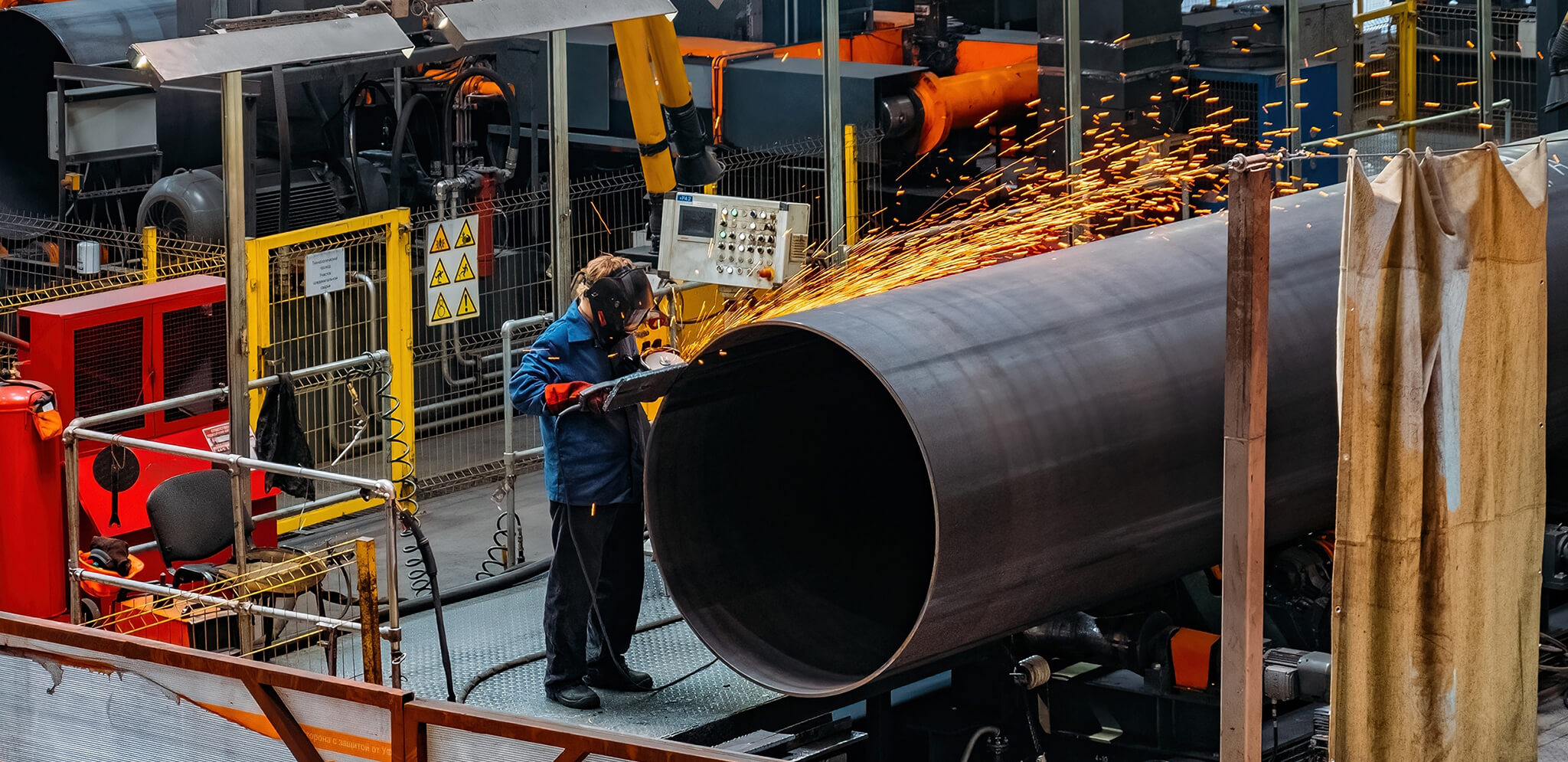Among the various options available in the plumbing supply industry, one remarkable material consistently rises above the rest—copper. Celebrated for its versatility and exceptional durability, copper has remained a steadfast favorite in plumbing applications for generations. In this article, we’ll explore the benefits and drawbacks of copper pipes, empowering you with the essential knowledge needed to make well-informed decisions when sourcing materials from your trusted plumbing supplier.
THE DRAWBACKS OF COPPER PIPES
As we venture further into the world of copper pipes, it’s essential to acknowledge that no material is without its imperfections. Understanding the potential drawbacks of copper pipes provides you with a balanced perspective. With this understanding, you can confidently determine if copper is ideal for your needs and address potential challenges with foresight and expertise.
HIGHER COST
While copper pipes offer numerous benefits, they typically come at a higher price than alternatives like PEX or PVC. This may be a concern if you’re working with strict budgets and require careful evaluation when selecting materials from your plumbing supplier.
COMPLEX INSTALLATION
The installation process for copper pipes requires specialized tools and skilled labor, as connections often require soldering or brazing. This can result in a more time-consuming and costly installation than other materials.
FREEZING VULNERABILITY
Copper pipes can freeze and burst if not properly insulated in colder environments. This is an essential consideration for plumbers working in regions with harsh winters. Freezing temperatures can significantly affect the performance and longevity of plumbing systems.
PINHOLE LEAK POTENTIAL
Copper pipes may develop pinhole leaks over time due to a combination of factors, including water chemistry, velocity, and pipe age. Detecting and repairing these small leaks can be challenging and often require expertise and prompt action to prevent further damage.
THE BENEFITS OF COPPER PIPES
It’s time to shine a spotlight on the remarkable benefits of copper pipes. Copper remains a reliable partner for plumbers seeking efficient, long-lasting, high-performing solutions. These benefits have cemented copper’s position as a popular choice among industry professionals for the following reasons.
EXCEPTIONAL DURABILITY
Copper pipes are renowned for their impressive longevity, consistently providing reliable service for decades. This durability ensures that your plumbing systems remain structurally sound and require less frequent maintenance, saving you time and money in the long run.
CORROSION RESISTANCE
The natural corrosion resistance of copper pipes helps maintain the integrity of your plumbing systems, significantly reducing the risk of leaks or failures. This attribute makes copper an ideal choice, especially in regions with corrosive water or soil conditions, ensuring that your installations withstand environmental challenges.
SUPERIOR THERMAL CONDUCTIVITY
Copper’s exceptional heat transfer properties make it the perfect choice for hot water systems, as it efficiently distributes heat. This can lead to energy savings and improved performance of heating systems in residential, commercial, and industrial applications.
BACTERIAL RESISTANCE
Copper pipes possess inherent antimicrobial properties, which help inhibit bacterial growth within your plumbing systems. This ensures a cleaner and more hygienic water supply, promoting the health and well-being of occupants.
WEIGHING THE BENEFITS AND DRAWBACKS OF COPPER PIPES
When selecting materials from your plumbing supplier, it is essential to thoroughly assess the pros and cons of copper pipes for your specific project. While they provide numerous benefits, such as durability, corrosion resistance, and thermal conductivity, they also come with drawbacks like higher costs, complex installation, and freezing susceptibility. Carefully considering these factors helps you optimize your plumbing supply choices and ensure successful installations that meet the unique requirements of each project.
Sources:
https://www.wmhendersoninc.com/blog/plumbing-tip-pros-and-cons-of-copper-piping/
https://thediyplan.com/benefits-and-drawbacks-of-copper-plumbing/
https://www.hunker.com/13769650/pros-and-cons-of-copper-pipes

